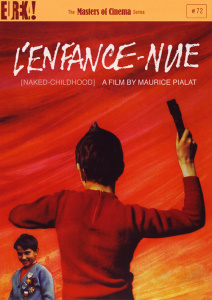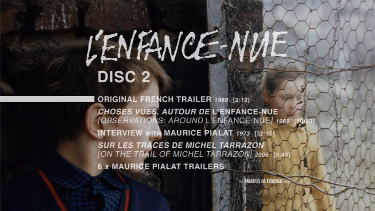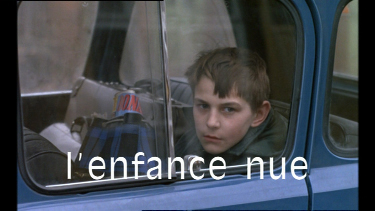![]()
![]()

![]()
![]()
|
Search DVDBeaver |
S E A R C H D V D B e a v e r |
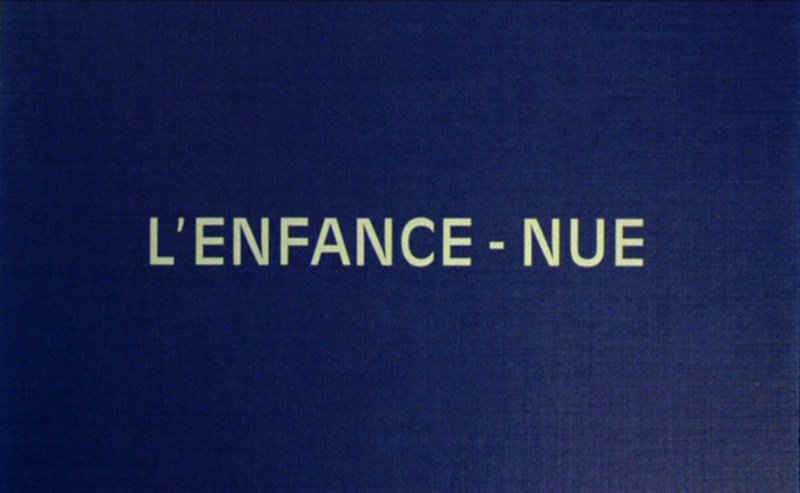
|
(aka "Me" or "Naked Childhood") |
Directed by Maurice Pialat
France 1968
| The singular French director
Maurice Pialat puts his distinctive stamp on the lost-youth film
with this devastating portrait of a damaged foster child. We watch
as ten-year-old François (Michel Terrazon) is shuttled from one home
to another, his behavior growing increasingly erratic, his bonds
with his surrogate parents perennially fraught. In this, his feature
debut, Pialat treats that potentially sentimental scenario with
astonishing sobriety and stark realism. With its full-throttle
mixture of emotionality and clear-eyed skepticism, L’enfance nue
(Naked Childhood) was advance notice of one of the most
masterful careers in French cinema, and remains one of Pialat’s
finest works. *** One of the earth-shaking
feature debuts in the history of cinema, Maurice Pialat’s
L’Enfance-nue [Naked-Childhood] provides a perspective on
growing-up that rejects both sentimentality and modish cynicism. Its
unflinching, but also warmly accommodating, outlook on childhood
attracted François Truffaut to take on the role as co-producer of
Pialat’s film — which, ironically, exists as much as a response to
Truffaut’s own debut
The 400 Blows as that film was to the ‘cinema of childhood’
that came before the New Wave. |
P
oster
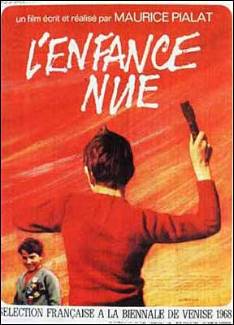 |
Theatrical Release: April 4th, 1968
Reviews More Reviews DVD Reviews
DVD Comparison:
Eureka (Masters of Cinema - 2-disc) - Region 0 - PAL vs. Criterion Collection - Region 1 - NTSC
Eureka (Masters of Cinema - 2-disc) - Region 0 - PAL LEFT vs. Criterion Collection - Region 1 - NTSC RIGHT
| DVD Box Cover |
|
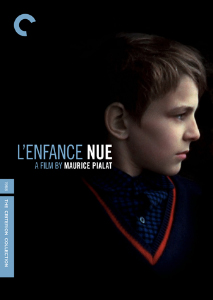
|
| Distribution |
Eureka (Masters of Cinema) - Spine # 72 Region 0 - PAL |
Criterion Collection - Spine # 534 Region 1 - NTSC |
| Runtime | 1:19:36 (4% PAL Speedup) | 1:23:00 |
| Video |
1.66:1
Original Aspect Ratio Average Bitrate: 7.38 mb/s PAL 720x576 25.00 f/s |
1.66:1
Aspect Ratio Average Bitrate: 5.72 mb/s NTSC 720x480 29.97 f/s |
| Bitrate: MoC |
 |
|
| Bitrate: Criterion |
 |
|
| Audio | Mono Dolby Digital French | Mono Dolby Digital French |
| Subtitles | English, None | English, None |
| Features |
Release Information: Studio: Eureka (Masters of Cinema) Aspect Ratio:
Edition Details: 2nd disc (dual-layered)
• Interview with Maurice Pialat, from the programme Champ contre-champ
Set comes with a 40-page booklet containing a new essay by critic and
filmmaker Kent Jones, and newly translated interviews with Maurice Pialat Chapters 16 |
Release Information: Studio: Criterion Aspect Ratio:
Edition Details: Chapters 24
|
| Comments | ADDITION:
Criterion - Region 1 - NTSC - August 2010: There are some large
visual
differences between the two DVD editions. Firstly, the Masters of Cinema
has a notably higher bitrate as it does not share the feature disc with
as
many supplements as the Criterion lone-disc does. The UK package has
smartly moved the bulk of their extras to a second DVD. Also - glaring
when looked at side-by-side but either the UK disc is
horizontally stretched (fatter faces) or the Criterion is vertically
stretched (slimmer faces). What I suspect is that it is a little of
both but I'll go with the Criterion as being more correct in this regard. Colors
- I will lean to the MoC transfer with much better flesh tones and
tighter hues. The Criterion
seems overly dark at times with some yellow/greenish infiltration.
Primary colors are very similar with the Criterion being a bit richer
and darker. The Criterion also has quite a bit more information the
frame edges although both are in the correct 1.66:1 aspect ratio. NOTE: the stretching and squeezing issue is probably more common than you might think but it is something you get used to very quickly in a standard viewing presentation. Both are listed as being taken from a "high-definition" source but the MoC is marginally smoother with less artifacts and more grain visible. The Criterion looks like it may have had some manipulation - I can't be sure - where the UK transfer is "clean". Funnily enough, I'll wager both would look 'fine' without comparison to the other standard's edition. In the final tally - I hesitate to choose one over the other and would like the opportunity to compare both of these transfers to the French disc one day - perhaps this would be more revealing. It probably more depends on what you, personally, would be willing to accept. Audio is a wash with both being the original French mono. My ears couldn't detect any differences in the scenes that I sampled and both have optional English subtitles. For those sensitive to PAL speedup - obviously the Criterion may be the way to go although I wouldn't say the dialogue pitch was notably higher on the MoC - not that I could notice anyway. Criterion have crammed their disc with almost 2 hours of video supplements - most duplicated in the UK package including Autour de "L'enfance nue" - a 52-minute documentary shot by Daniel Creusot and Francis Warin. It first aired on the French television program Choses vues and examines both the making of "L'enfance nue" and the plight of children in the foster care system. It has optional English subtitles as do all extras. Also duplicated is L'amour existe, director Maurice Pialat's 1960 short film and the video interview with Pialat collaborators Arlette Langmann And Patrick Grandperret (running about 6-minutes). What is unique to the Criterion is an excellent new visual essay by critic Kent Jones running over ten minutes on a backdrop of the film and bits of Chantal Akerman's Jeanne Dielman, 23 Quai du Commerce, 1080 Bruxelles. Criterion have only given about 1/2 - an excerpt - from the 1973 French TV programme 'Champ contre-champ', interviewing Pialat (MoC have 1/2 hour to Criterion's 15-minutes). Both have their own liner notes booklets - and the Criterion has photos in their 16-page one with an essay by critic Phillip Lopate. MoC's booklet is huge and they get the nod for overall supplements. Despite the variance in image transfer - I'd say both editions have value - but the 2-disc MoC is significantly cheaper at the writing of this review and that is probably the way to go for those less sensitive to the differences and for those who are not region-locked to region 1/NTSC. This is a fabulously impacting film experience and we certainly recommend! Gary Tooze *** NOTE: DVDBeaver's UK correspondent for MoC, Henry Kedger, is continuing his reviewing and we are appreciative. He has sent us some captures and comments below for Spine # 72 L'Enfance. ON THE Masters of Cinema DVD: Firstly, thank to Masters of Cinema for their screener and Gary for allowing me to review it here at DVDBeaver. I am quite honored. This is another two disc offering with the first disc containing Maurice Pialat's debut feature. I found it truly a revelation, like the bastard, adopted, step-child of Truffaut's The 400 Blows (Truffaut actually co-produced L'anfance nue) and Loach's KES, it's hands down the most riveting new find I've come across in years. This is in part down to an incredible central performance by the young Michel Tarrazon, and the piercing, fully-formed directorial style of Maurice Pialat. MoC have utilised the HD restoration from the French release, in its original 1.66:1 aspect ratio, anamorphically encoded for DVD (and progressive - I saw no 'combing' anomalies) with MoC's usual care taken with the new English subtitles -- I didn't spot one error although my fluency is somewhat dated being only tested through French cinema these past many years. The image quality is quite pristine. There appears little expense spared on this lavish 2-disc set, with a short (20 minute) Pialat film from 1960 (L'AMOUR EXISTE), an interview with co-screenwriter Arlette Langmann and Pialat- collaborator Patrick Grandperret; a fascinating 2005 catch-up interview with Michel Tarrazon, four decades later; a sublime 50- minute documentary shot during the course of the film's production; original French trailer (and six other wonderful Pialat trailers); and my favourite extra, a 32 minute 1973 television interview with Pialat where we perhaps come closest to understanding Pialat's approach to his work.
The 40-page booklet, which I received as a finished lo-res pdf (with my pressed dual-layered 'checkdiscs') is a typical MoC booklet (ie. it adds to the fine range of on-disc supplements (avoiding repetition), and contains incredibly rare interviews alongside newly commissioned work, in this instance a new Kent Jones essay where he suggests that L'ENFANCE-NUE "should be counted as one of the greatest debuts in cinema, on par with CITIZEN KANE, BREATHLESS, BADLANDS, or THE 400 BLOWS." -- I would agree. It's a terrific film, and I'm incredibly grateful to MoC for continuously concentrating on this kind of important and rich work. Fully recommended! Henry Kedger |
Eureka (Masters of Cinema - 2-disc) - Region 0 - PAL LEFT vs. Criterion Collection - Region 1 - NTSC
RIGHT
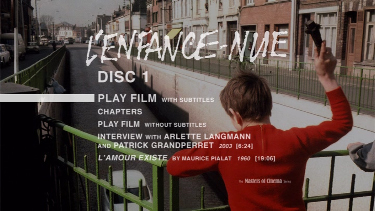 |
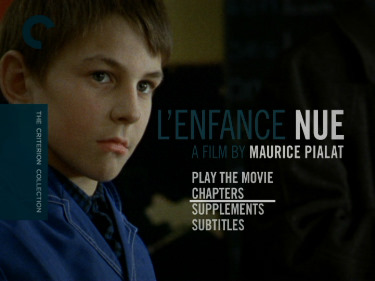 |
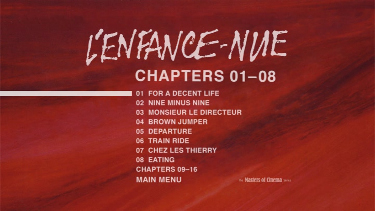 |
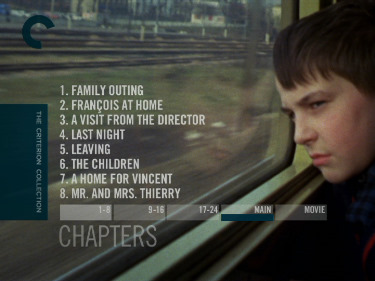 |
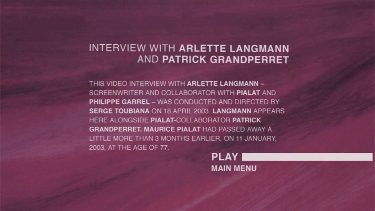 |
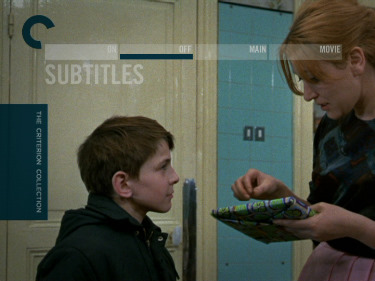 |
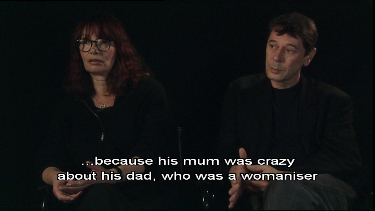 |
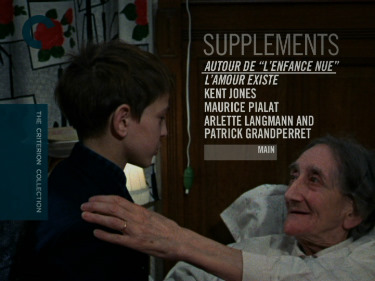 |
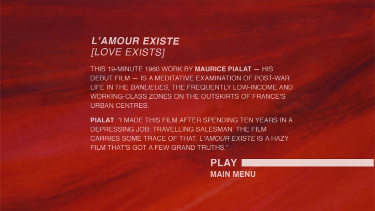 |
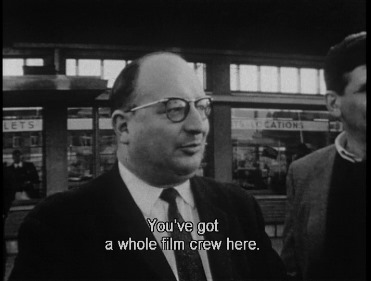 |
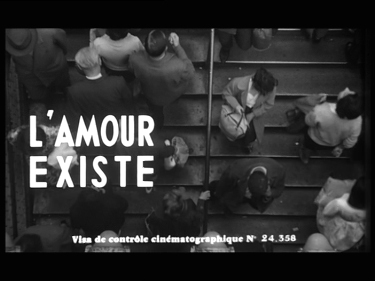 |
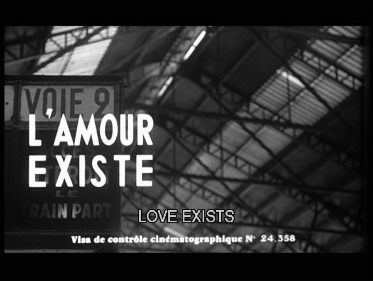 |
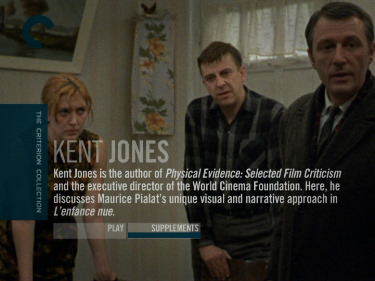 |
|
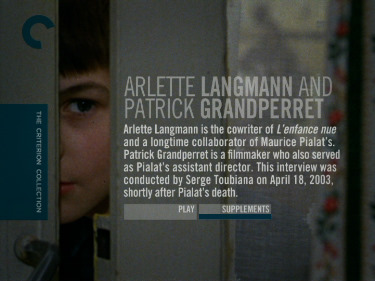 |
|
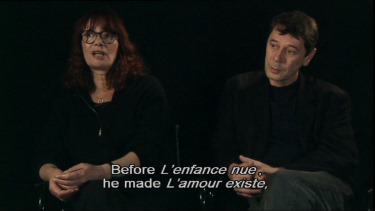 |
Masters of Cinema Disc 2
|
|
|
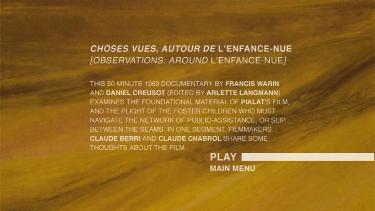 |
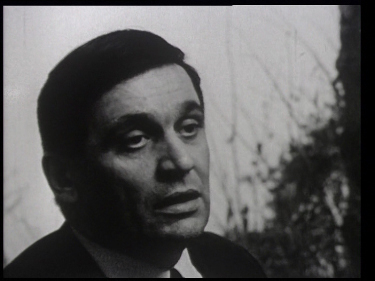 |
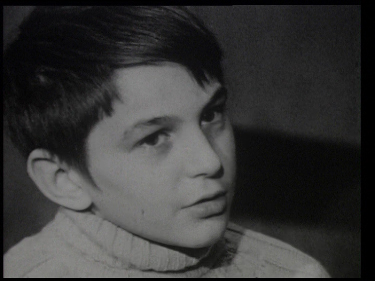 |
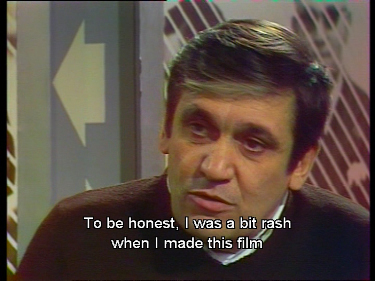 |
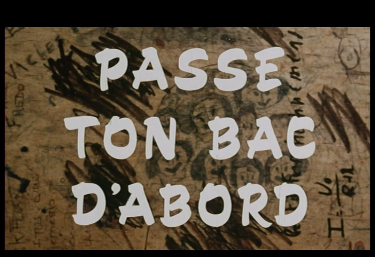 |
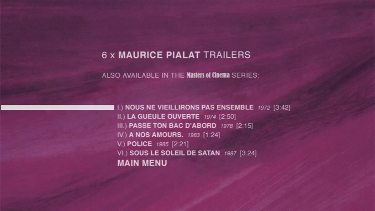 |
Subtitle Samples
Eureka (Masters of Cinema - 2-disc) - Region 0 - PAL TOP vs. Criterion Collection - Region 1 - NTSC BOTTOM
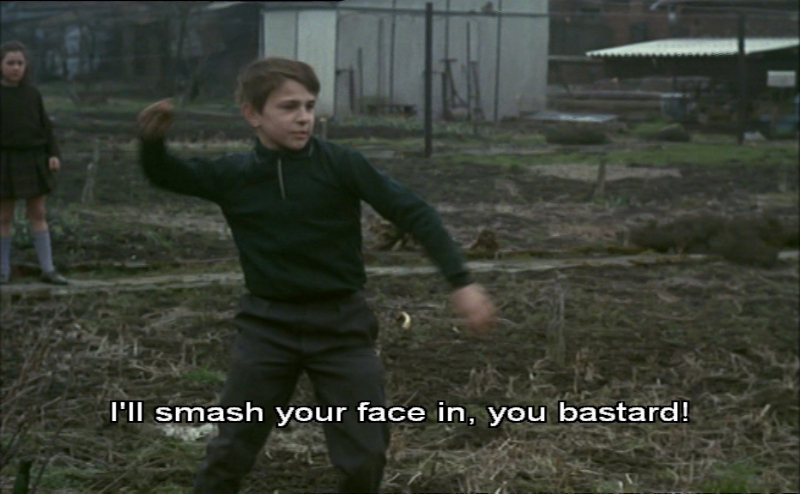 |
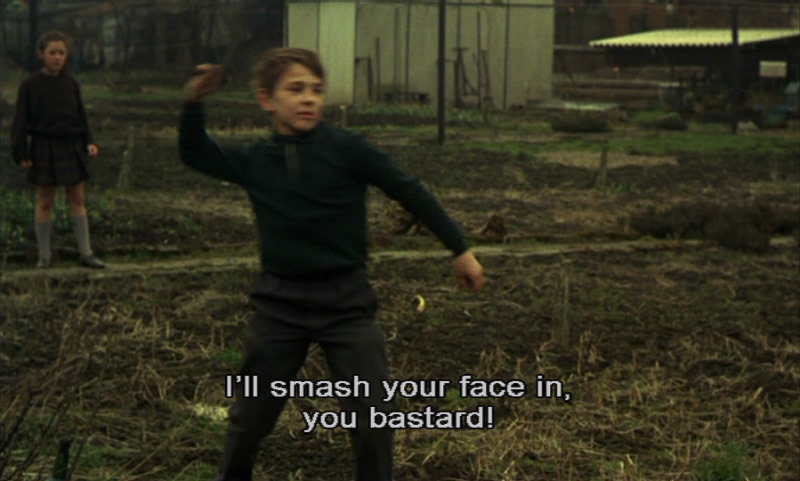 |
Screen Captures
Eureka (Masters of Cinema - 2-disc) - Region 0 - PAL TOP vs. Criterion Collection - Region 1 - NTSC BOTTOM
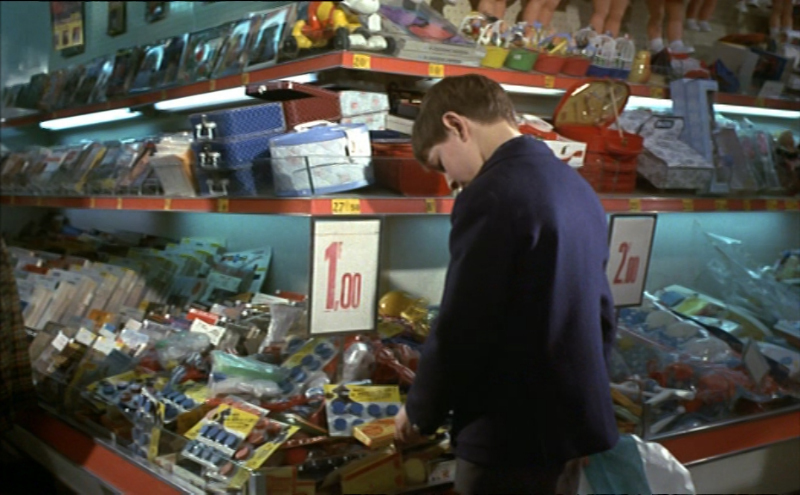 |
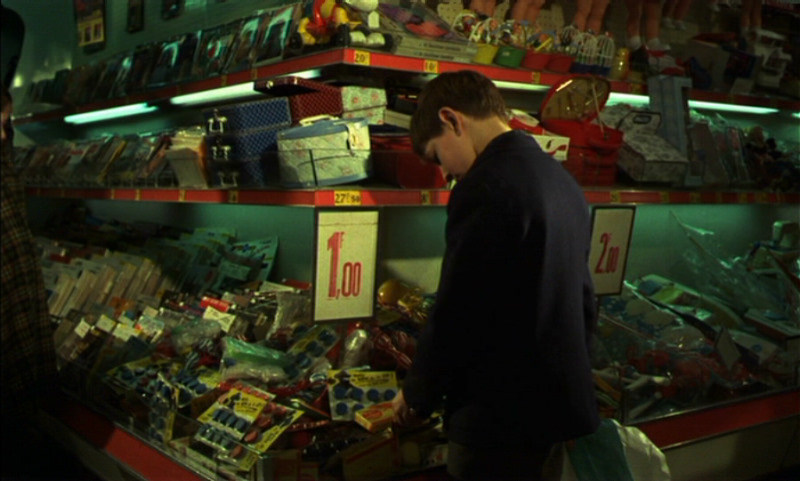 |
Eureka (Masters of Cinema - 2-disc) - Region 0 - PAL TOP vs. Criterion Collection - Region 1 - NTSC BOTTOM
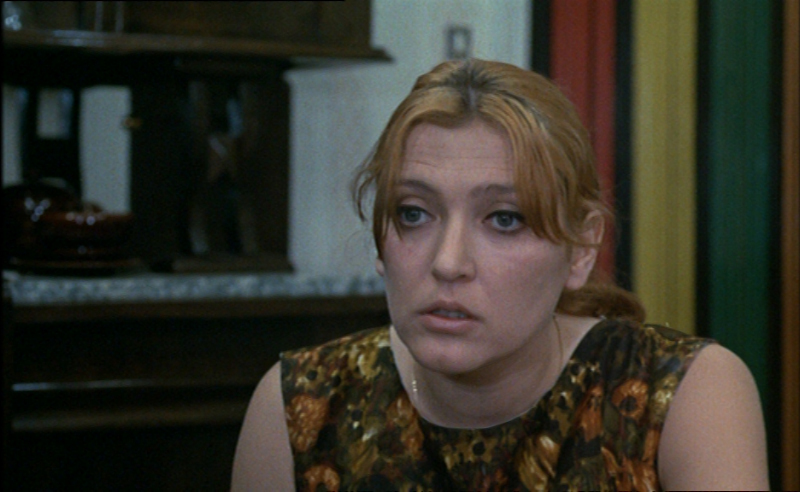 |
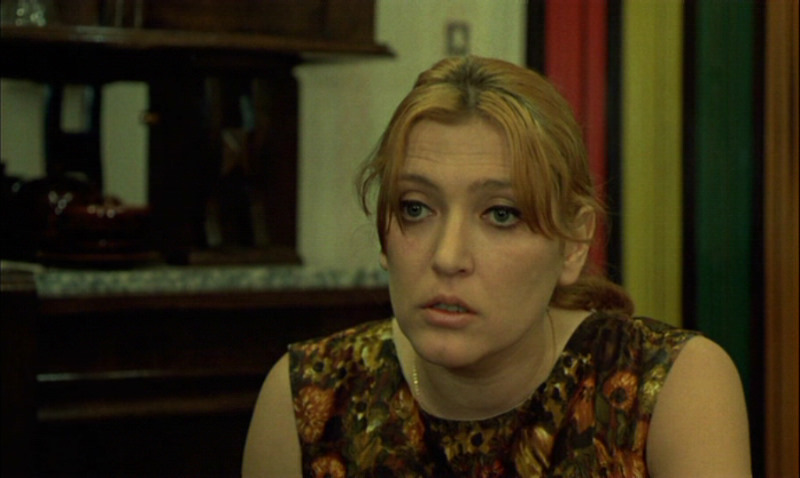 |
Eureka (Masters of Cinema - 2-disc) - Region 0 - PAL TOP vs. Criterion Collection - Region 1 - NTSC BOTTOM
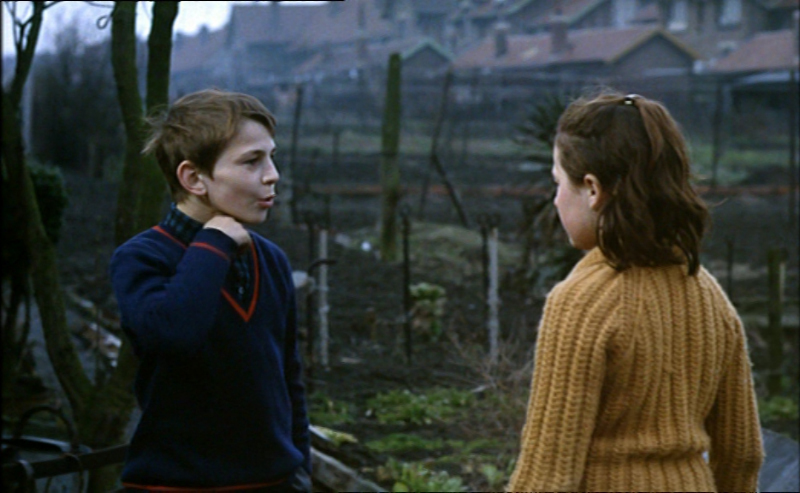 |
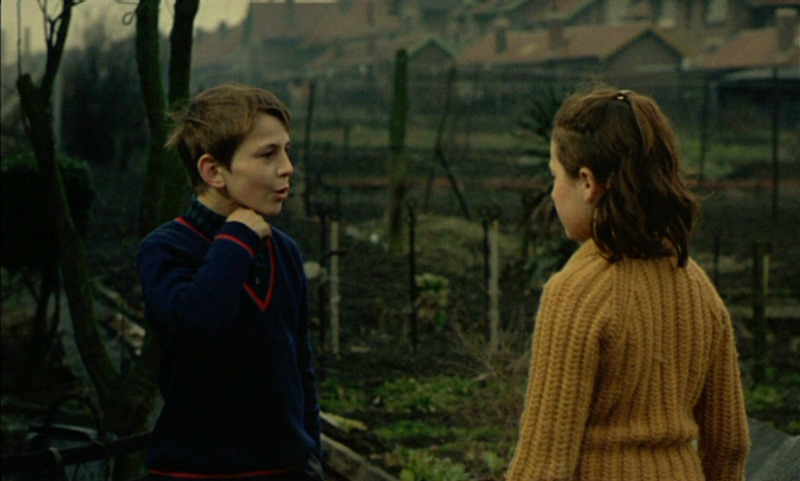 |
Eureka (Masters of Cinema - 2-disc) - Region 0 - PAL TOP vs. Criterion Collection - Region 1 - NTSC BOTTOM
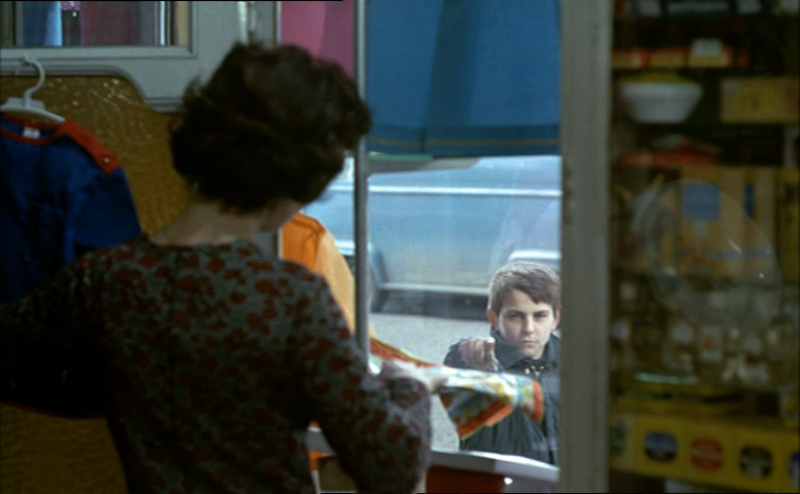 |
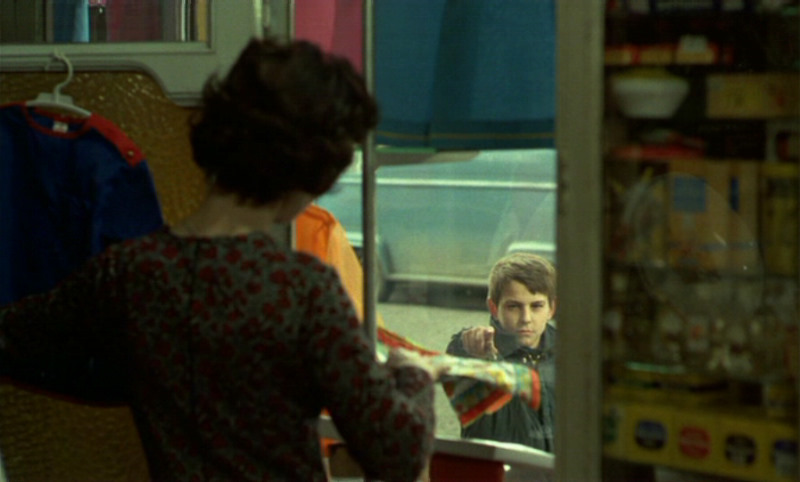 |
Eureka (Masters of Cinema - 2-disc) - Region 0 - PAL TOP vs. Criterion Collection - Region 1 - NTSC BOTTOM
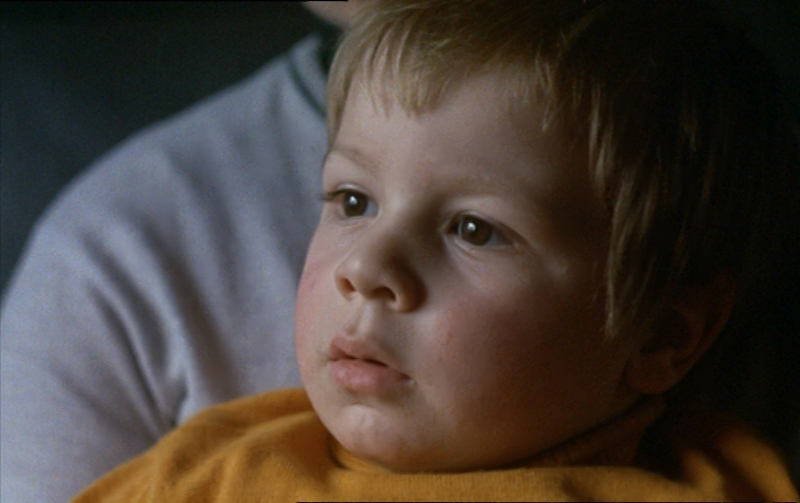 |
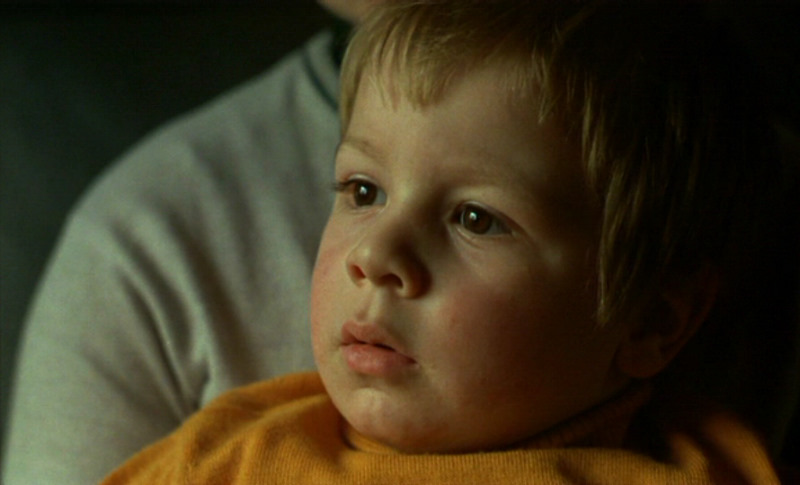 |
Eureka (Masters of Cinema - 2-disc) - Region 0 - PAL TOP vs. Criterion Collection - Region 1 - NTSC BOTTOM
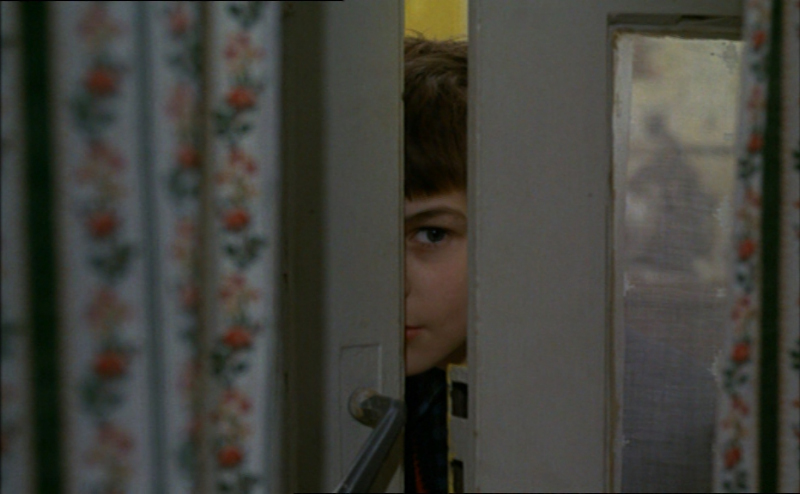 |
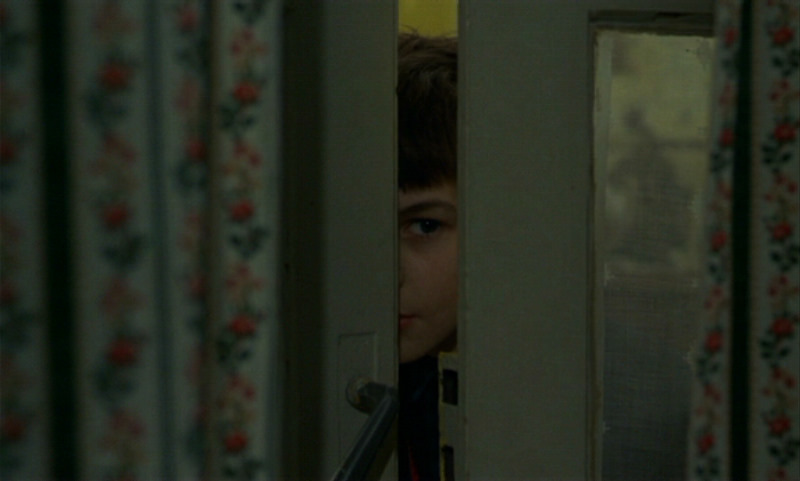 |
Eureka (Masters of Cinema - 2-disc) - Region 0 - PAL TOP vs. Criterion Collection - Region 1 - NTSC BOTTOM
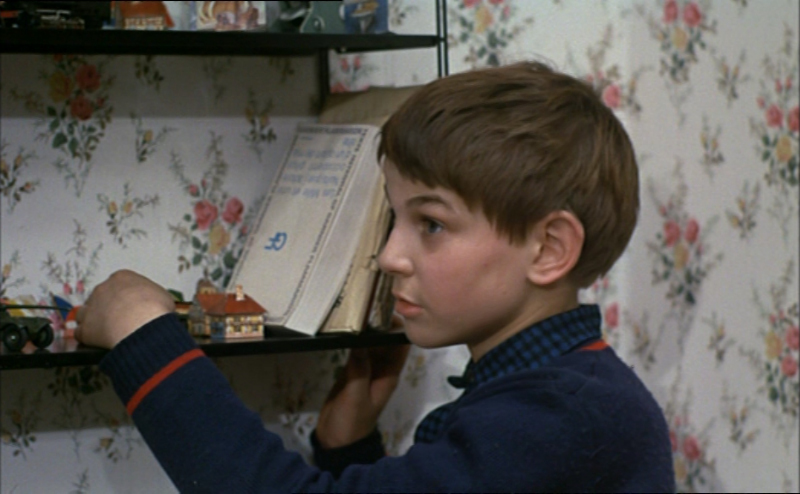 |
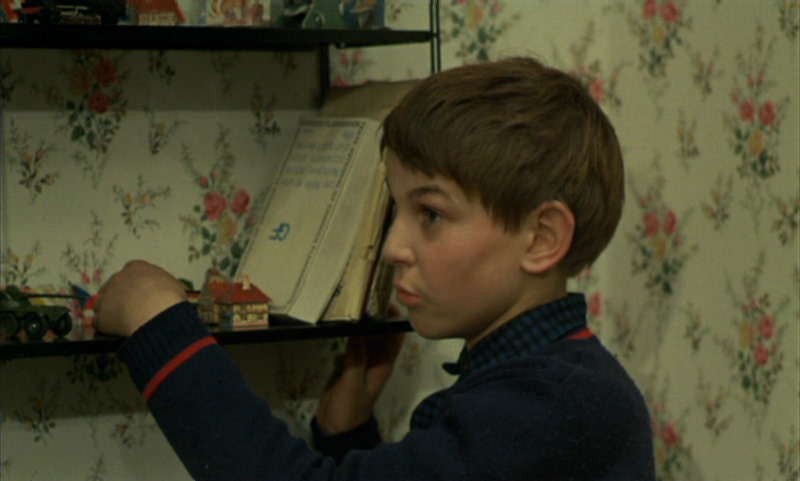 |
Eureka (Masters of Cinema - 2-disc) - Region 0 - PAL TOP vs. Criterion Collection - Region 1 - NTSC BOTTOM
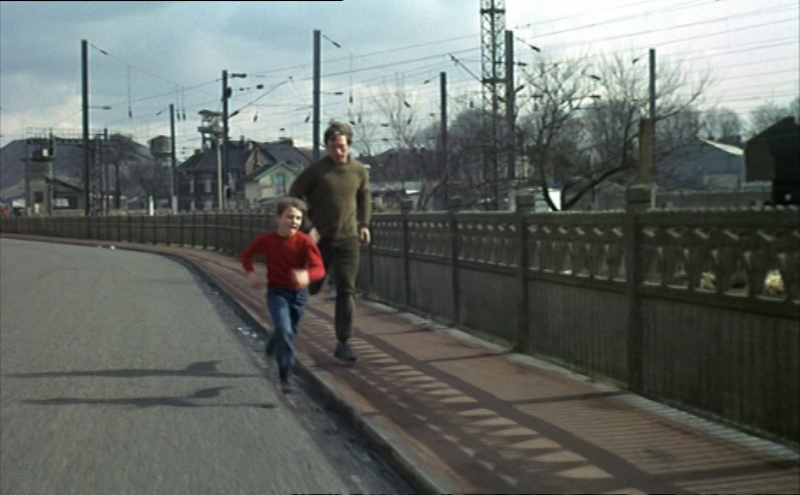 |
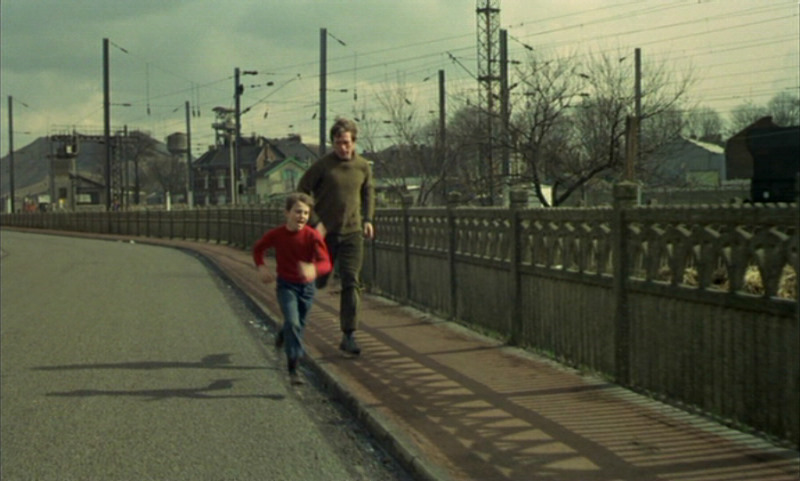 |
| DVD Box Cover |
|

|
| Distribution |
Eureka (Masters of Cinema) - Spine # 72 Region 0 - PAL |
Criterion Collection - Spine # 534 Region 1 - NTSC |
![]()
![]()
![]()
![]()


